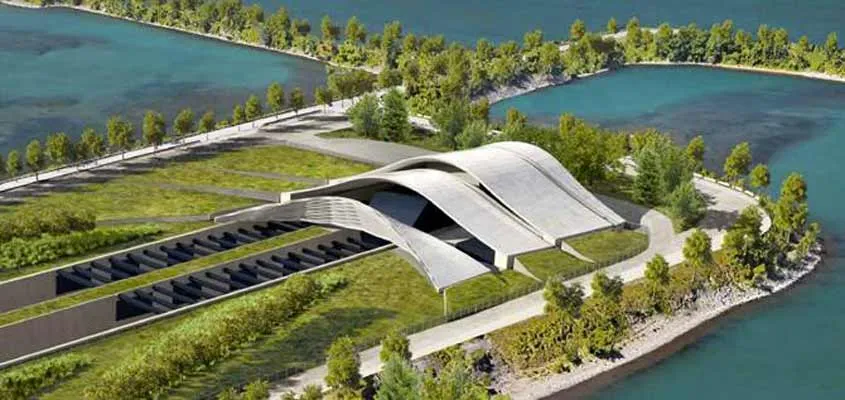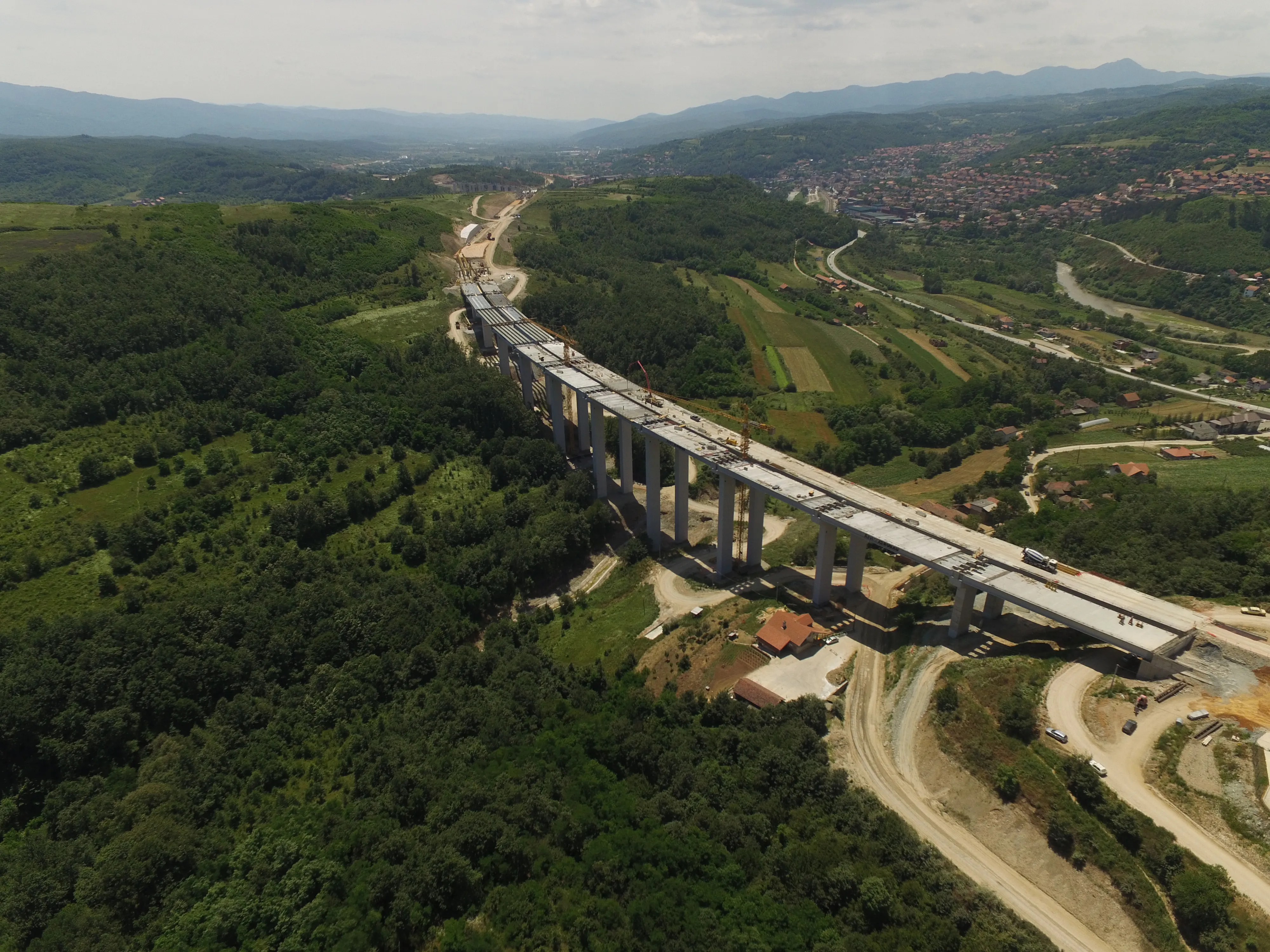A consortium led by Portuguese contractor Britalar has been sacked from a controversial contract to rehabilitate a prestigious thoroughfare in the Mozambique capital Maputo.
The council is seeking repayment of US$1 million from the consortium that includes two other Portuguese companies, Construção Europa Ar-Lindo and Aurélio Martins Sobreiro e Filhos.
Media reports also say a Chinese firm has been handed the contract to finish the work that was started in February 2013 under a deal worth $12.5 millio
January 14, 2015
Read time: 3 mins
A consortium led by Portuguese contractor Britalar has been sacked from a controversial contract to rehabilitate a prestigious thoroughfare in the Mozambique capital Maputo.
The council is seeking repayment of US$1 million from the consortium that includes two other Portuguese companies, Construção Europa Ar-Lindo and Aurélio Martins Sobreiro e Filhos.
Media reports also say a Chinese firm has been handed the contract to finish the work that was started in February 2013 under a deal worth $12.5 million, funded by the World Bank and the city council. However, no details of the Chinese firm have been reported.
The work involves repairs to Julius Nyerere Avenue, a wide boulevard that fronts many embassies but also runs through some of the city’s most crowded areas. Part of it was destroyed by heavy flooding in 2000, the AllAfrica news website reported.
The consortium began renovations along 3.5km in 2012 and was supposed to complete the job by February 2013. But relations deteriorated between the consortium and city council, which complained of sub-quality bitumen being used and generally shoddy work that resulted in potholes appearing on supposedly repaired sections of the road.
Britalar complained that the council failed to relocate local people and generally aid the construction work processes to allow schedules to be maintained. The council granted three extensions, but the work remains unfinished, AllAfrica reported.
Trouble began last April, according to the Mozambique New Agency. Samples of the materials used by Britalar were collected and sent to three laboratories, two in Mozambique and one in Portugal. All the laboratories agreed that the road had started to crumble away because of the poor quality of the materials.
Maputo’s councillor responsible for infrastructure, Victor Fonseca, said that Britalar had accepted responsibility for the allegedly botched work. He said Britalar had agreed to tear up the asphalt from the 1.6km of road where the problems occurred and relay both the base and the tarred surface of the road at a cost to Britalar of about $1.2 million and taking about 70 days.
The business news website Club of Mozambique reported that a Chinese company will take over from Britalar and some of the consortium’s machinery has been seized by banks to repay debts.
Maputo, known as Lourenço Marques before independence from Portugal in 1975, is the largest city in Mozambique. The city, on the Indian Ocean, has a population nearing two million and is known as the City of Acacias because of acacia trees found along many of its avenues, including Julius Nyerere.
The council is seeking repayment of US$1 million from the consortium that includes two other Portuguese companies, Construção Europa Ar-Lindo and Aurélio Martins Sobreiro e Filhos.
Media reports also say a Chinese firm has been handed the contract to finish the work that was started in February 2013 under a deal worth $12.5 million, funded by the World Bank and the city council. However, no details of the Chinese firm have been reported.
The work involves repairs to Julius Nyerere Avenue, a wide boulevard that fronts many embassies but also runs through some of the city’s most crowded areas. Part of it was destroyed by heavy flooding in 2000, the AllAfrica news website reported.
The consortium began renovations along 3.5km in 2012 and was supposed to complete the job by February 2013. But relations deteriorated between the consortium and city council, which complained of sub-quality bitumen being used and generally shoddy work that resulted in potholes appearing on supposedly repaired sections of the road.
Britalar complained that the council failed to relocate local people and generally aid the construction work processes to allow schedules to be maintained. The council granted three extensions, but the work remains unfinished, AllAfrica reported.
Trouble began last April, according to the Mozambique New Agency. Samples of the materials used by Britalar were collected and sent to three laboratories, two in Mozambique and one in Portugal. All the laboratories agreed that the road had started to crumble away because of the poor quality of the materials.
Maputo’s councillor responsible for infrastructure, Victor Fonseca, said that Britalar had accepted responsibility for the allegedly botched work. He said Britalar had agreed to tear up the asphalt from the 1.6km of road where the problems occurred and relay both the base and the tarred surface of the road at a cost to Britalar of about $1.2 million and taking about 70 days.
The business news website Club of Mozambique reported that a Chinese company will take over from Britalar and some of the consortium’s machinery has been seized by banks to repay debts.
Maputo, known as Lourenço Marques before independence from Portugal in 1975, is the largest city in Mozambique. The city, on the Indian Ocean, has a population nearing two million and is known as the City of Acacias because of acacia trees found along many of its avenues, including Julius Nyerere.









